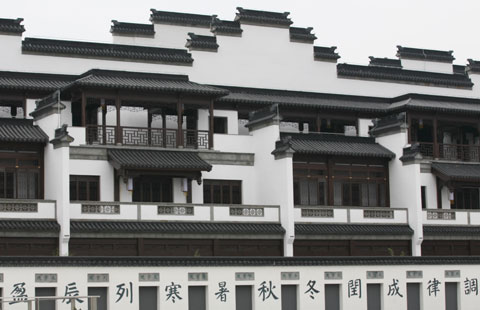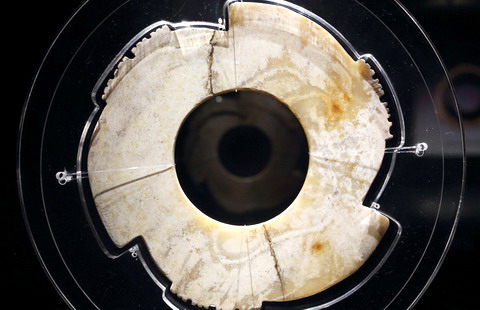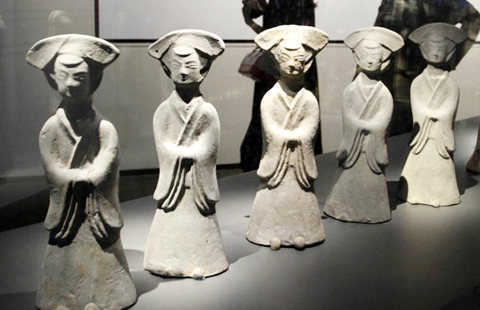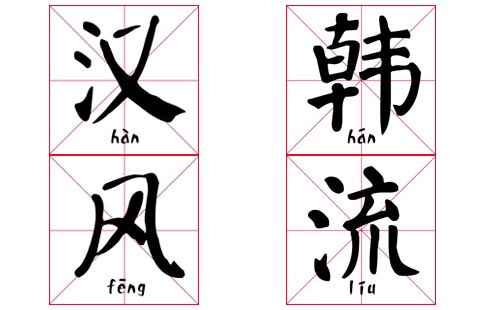'Shangri-la complex' stymies rational perception of Tibet
( Xinhua ) Updated: 2014-08-14 09:45:53This Western "Shangri-la complex" hampers and limits rational understanding of the region.
In Chinese eyes, Tibet used to be a backwater with an inhumane serf system which craved development and civilization just like any other part of the world.
Hilton had never been to the places he wrote about. While journalists, film directors and politicians in his time portrayed Tibet as a heaven on Earth, the region itself was under the feudal system - a society as cruel as, if not worse than, European society in the Dark Ages.
It was also a land where the average life expectancy for Tibetans was no more than 36 years and where wives who had extramarital affairs would have their noses and ears cut off for punishment.
"Despite the British invasion of Tibet in 1904, the West did not have the opportunity to understand Tibet," Alessandra Spalletta, China news editor of the Italian news agency AGI, told an ongoing forum on Tibetan development in Lhasa. "They started the mystification of Tibet while building the mythology of 'Shangri-la.'"
"Western people are fond of their own images of Tibet," she said, "rather than the real Tibet."
As some scholars point out, Tibet has become a "spiritual supermarket" for Westerners trying to find what they have lost from their own societies in the process of industrialization and modernization.
|
|
|
|
|
|
|
|
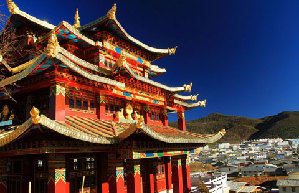
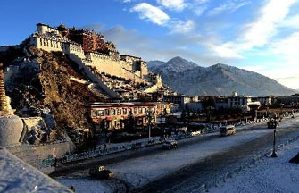


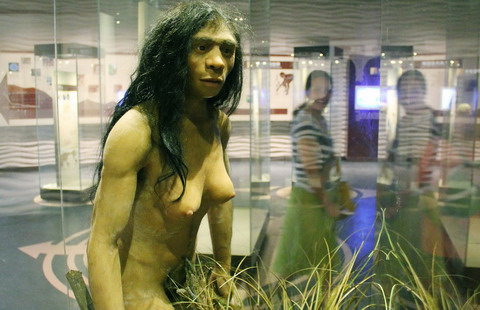
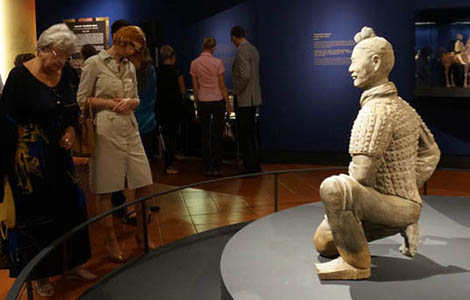
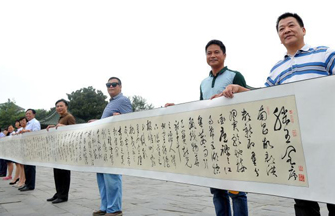



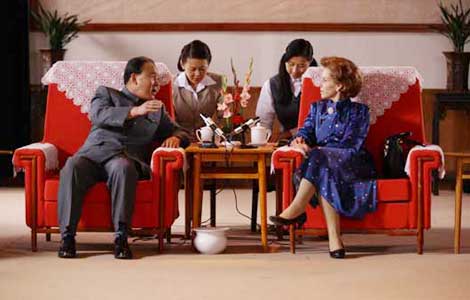
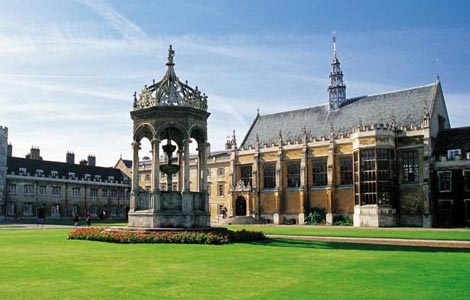









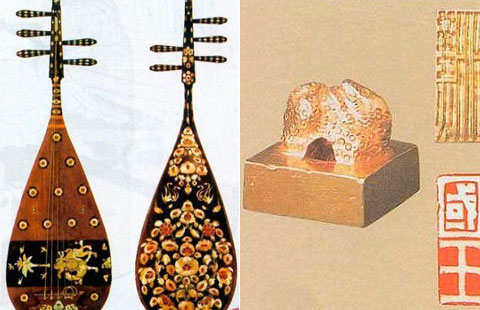


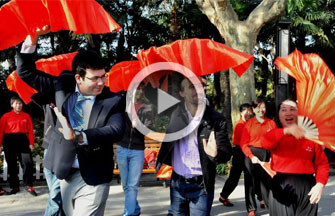
 Raymond Zhou:
Raymond Zhou: Pauline D Loh:
Pauline D Loh: Hot Pot
Hot Pot Eco China
Eco China China Dream
China Dream China Face
China Face
